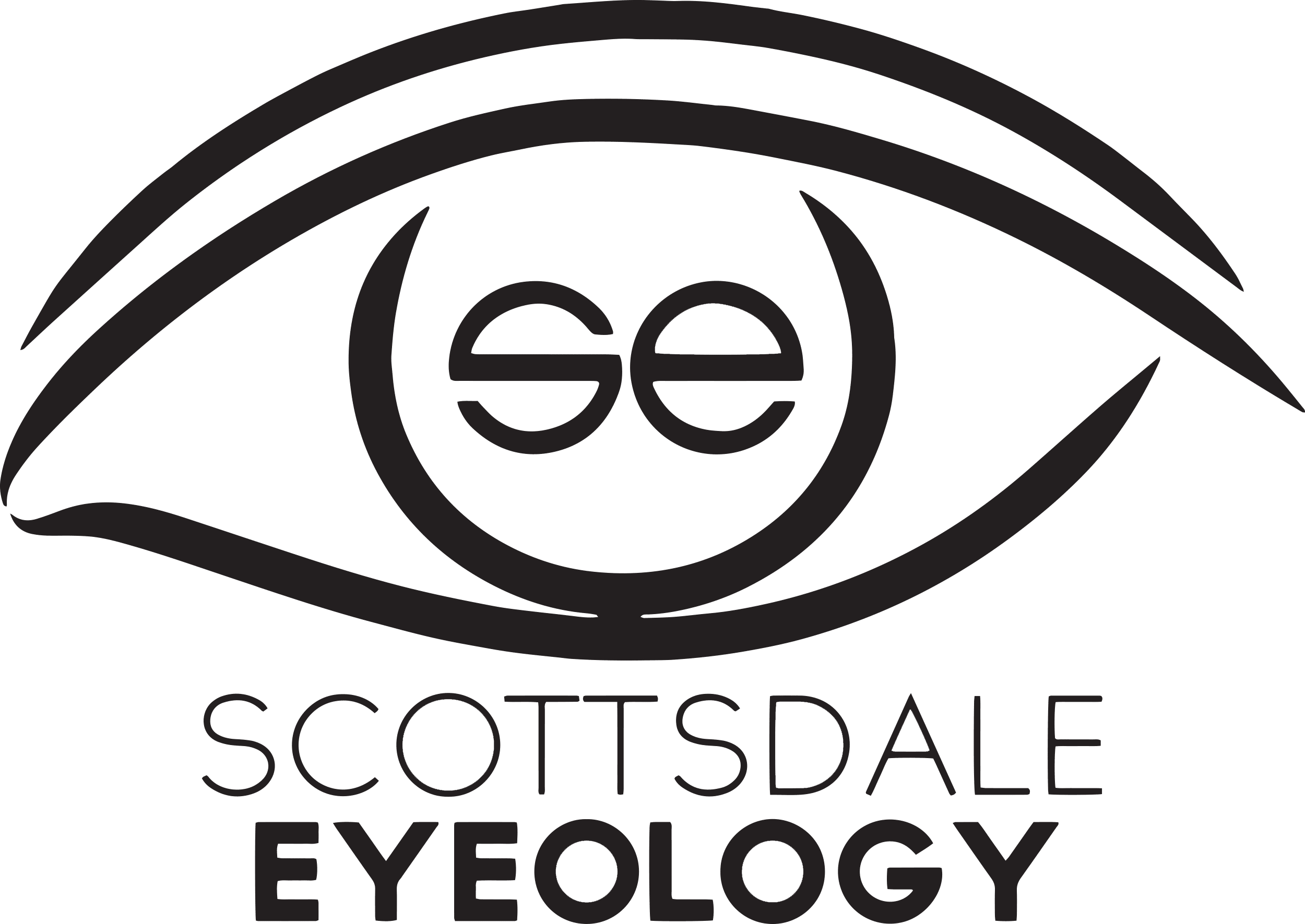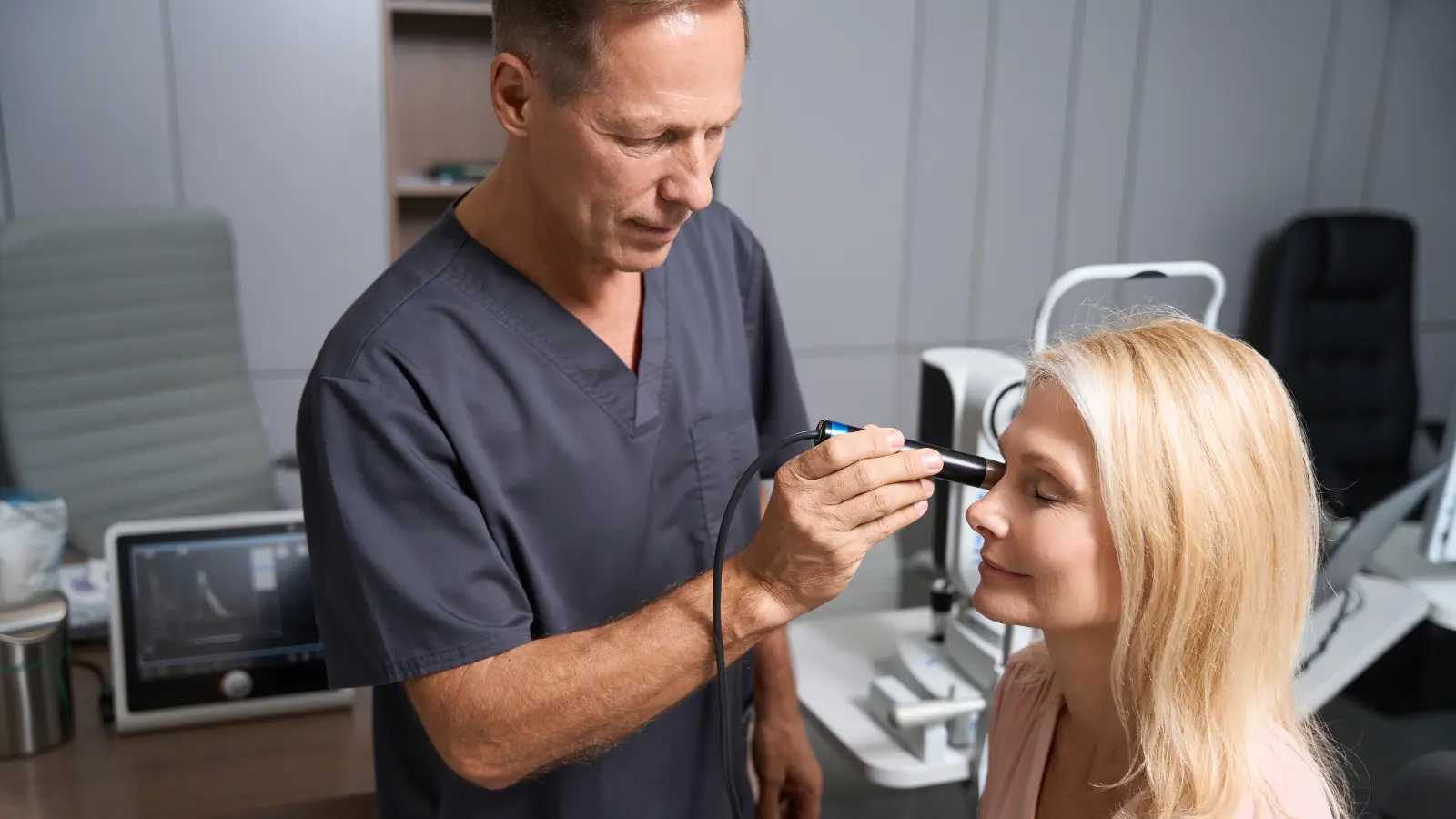International Ophthalmologist Day is celebrated on October 8 each year. It’s a day dedicated to recognizing the essential work of eye care professionals and raising awareness about eye health. On this special day, it’s crucial to debunk common myths that can affect your vision. Misconceptions about eye care can lead to poor habits and neglect. Let’s clear up these myths and provide you with expert insights to help you take better care of your eyes.
Common Eye Health Misconceptions Revealed
Myth 1:Reading in Low Light Can Harm Your Vision
Many people believe that reading in low light can harm their eyes. In reality, dim lighting doesn’t cause long-term damage. However, it can cause eye strain and make your eyes work harder. If you find yourself squinting or straining, it’s best to use adequate lighting to reduce discomfort.
Myth 2: Eye Exercises Can Improve Vision
Eye exercises are often promoted as a way to improve vision or cure vision problems. According to experts, there’s no evidence to support that eye exercises can correct refractive errors such as nearsightedness or farsightedness. While exercises can help relieve eye strain, they won’t replace the need for glasses or contact lenses.
Myth 3: Carrots Improve Your Vision
Vitamin A is abundant in carrots and is necessary for healthy vision. However, eating carrots alone won’t improve your eyesight beyond normal levels. A balanced diet with various nutrients supports overall eye health, but no single food can drastically enhance your vision.
Myth 4: Seeing an eye doctor is only necessary if you are having issues.
Some people think they only need to visit an eye doctor when they notice vision problems. Regular eye exams are important even if you have no symptoms.Eye exams are able to identify problems before they get worse, including conditions like glaucoma or macular degeneration.
Myth 5: Wearing Glasses Will Make Your Eyes Dependent on Them
A common myth is that wearing glasses or contact lenses will weaken your eyes and make you dependent on them. In truth, glasses and contacts correct vision but do not affect your eye health. They help you see clearly and comfortably without causing harm or worsening your vision.
How to Take Care of Your Eyes?
Taking care of your eyes involves more than debunking myths. Here are a few practical tips:
- Regular Eye Exams: See an eye doctor on a regular basis to monitor and maintain your eye health. Even if you don’t have noticeable problems, exams can detect issues early. Schedule an appointment with your Ophthalmologist on this International Ophthalmologist Day and get your eyes examined by professionals.
- Protective Eyewear: Use sunglasses with UV protection to shield your eyes from harmful sun rays. If you work with hazardous materials, wear protective eyewear.
- Healthy Diet: Eat a diet high in minerals and vitamins that support eye health. Foods like leafy greens, fish, and nuts can contribute to better vision.
International Ophthalmologist Day is a great opportunity to correct common myths about eye health. By learning the truth about eye care, you can make informed decisions that benefit your vision. A healthy lifestyle and routine eye checkups are essential for maintaining good eye health. Celebrate this day by taking proactive steps to protect and preserve your vision.
Frequently Asked Questions
- Can staring at screens cause permanent eye damage?
While prolonged screen use can lead to temporary discomfort, referred to as computer vision syndrome or digital eye strain, it does not cause permanent damage. Symptoms like dry eyes, blurred vision, and headaches can often be alleviated by taking regular breaks, using proper lighting, and adjusting screen settings. However, if you experience persistent discomfort, it’s a good idea to consult an eye doctor.
- Do eye vitamins really improve vision?
Eye vitamins, such as those containing lutein, zeaxanthin, and vitamin C, can support overall eye health and may help prevent age-related vision problems like macular degeneration. They cannot, however, reverse existing vision issues or significantly improve eyesight. A balanced diet is also crucial for maintaining eye health.
- Does having a family history of eye problems mean I will get them too?
A family history of eye problems can increase your risk of developing similar conditions, but it does not guarantee that you will. Regular eye exams and a healthy lifestyle can help manage and potentially reduce the risk of developing these conditions.
- Should I wear sunglasses while it’s cloudy outside?
Yes, wearing sunglasses on cloudy days is still important. UV rays can penetrate through clouds and harm your eyes over time. Protecting your eyes with UV-blocking sunglasses helps prevent long-term damage and reduces the risk of conditions such as cataracts and macular degeneration.
- Can poor posture affect my eye health?
Poor posture can contribute to eye strain, especially during activities like reading or using a computer. When you slouch or have an improper workstation setup, it can lead to increased strain on your eyes and neck. Ensuring proper posture and ergonomics can help reduce eye strain and maintain overall comfort during prolonged tasks.


